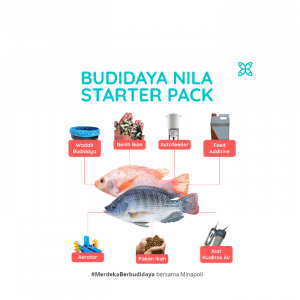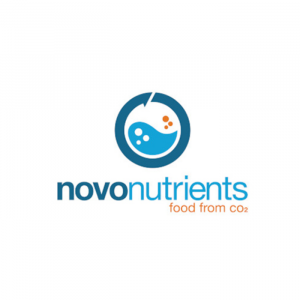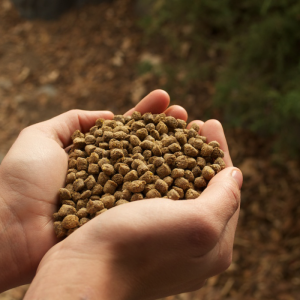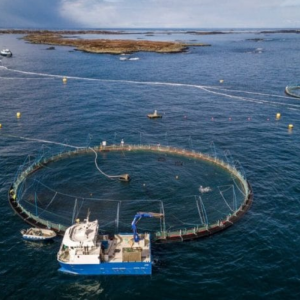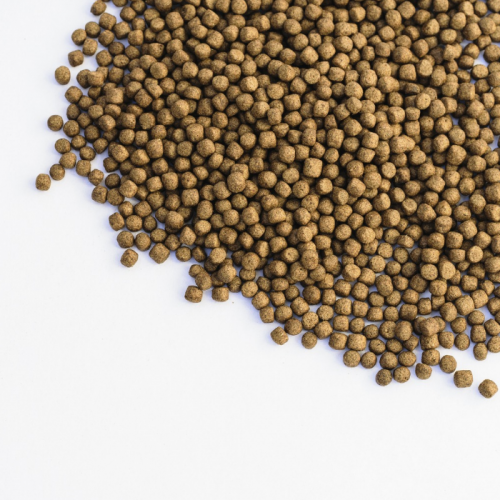
PhD Scholarship on Insect-based Ingredients in Fish Feed
| Tue, 03 Sep 2019 - 11:49
DTU Aqua seeks a candidate for a three-year PhD scholarship in the area of fish nutrition to study and explore the nutritional value of insect-based ingredients in fish feed. The PhD position is available in the Section for Aquaculture (located at the North Sea Science Park in Hirtshals, Denmark) at the National Institute of Aquatic Resources (DTU Aqua). Expected starting date is December 1st 2019 or according to mutual agreement.
Project description
Aquaculture production is steadily rising and there is an increasing need for fish feed protein produced in a sustainable manner. To resolve this, the use of available resources must be optimized and previously considered waste products might be turned into valuable products (waste valorization). Fish produced in aquaculture is an important source of protein in human nutrition but increasing fish, feed costs, due to expensive raw ingredients, challenge the production. To accommodate this, insects grown on waste products may substitute traditional fish feed ingredients.
This scholarship focuses on the nutritional value and associated effects of including insect-based ingredients, such as black soldier fly larvae, in fish feed. The project involves optimization of insect nutrient composition (amino acid and fatty acid composition), incorporation into fish feed, and subsequent studies on nutrient uptake and utilization by fish such as rainbow trout and tilapia. This may include studying the activity of digestive enzymes as well as the coupling between plasma amino acid availability and the regulation of protein synthesis. Live fish trials will be carried out in state-of-the-art mass-balance setups and associated laboratories. Amino acid digestibility and plasma amino acid availability will be studied using UPLC, and indicators of protein synthesis in tissue samples may be quantified using, e.g., Western Blotting and specific antibodies. The scholarship will be carried out in close collaboration with industrial partners.
Qualifications
Candidates should hold a Master’s degree (M.Sc., M.Eng., or similar degree) in
the field of e.g., animal nutrition, nutritional biochemistry, or aquaculture
science. The ideal candidate has a strong background and interest in feed,
nutrition, and nutritional biochemistry. Preference will be given to
candidates with:
1. A relevant background in nutrition and nutritional biochemistry
2. Practical lab experience
3. Practical experience in performing and sampling live animal trials
4. Experience with UPLC and Western Blotting
5. Innovative skills, ability to generate new ideas and to implement them in practice
6. Independent problem-solving skills
7. Excellent communication and language skills
8. In addition, a driver’s license (or acquisition thereof) is a must, and a good sense of humor will be appreciated.
Approval and Enrolment
The scholarship for the Ph.D. degree is subject to academic approval, and the candidate will be enrolled in one of the general degree programs at DTU. For information about our enrolment requirements and the general planning of the Ph.D. study program, please see the DTU PhD Guide.
Assessment
Assessment of the applicants, with focus on qualifications listed above, will
be made by Senior Scientist Anne Johanne Tang Dalsgaard and Senior Scientist
Ivar Lund, DTU Aqua.
We offer
DTU is a leading technical university globally recognized for the excellence of
its research, education, innovation, and scientific advice. We offer a
rewarding and challenging job in an international environment. We strive for
academic excellence in an environment characterized by collegial respect and
academic freedom tempered by responsibility. Salary and appointment terms
The appointment will be based on the collective agreement with the Danish Confederation of Professional Associations. The allowance will be agreed upon with the relevant union. The period of employment is 3 years.
Further information
For further information about the project, please contact Senior Scientist Anne
Johanne Tang Dalsgaard; jtd@aqua.dtu.dkor
Senior Scientist Ivar Lund; il@aqua.dtu.dk General
information may be obtained from Rikke Hansen rikh@aqua.dtu.dk (+45) 3588 3001.
Please do not send applications by e-mail but apply online as described below.
Application
Please submit your online application no later than 20 September 2019.
Applications must be submitted as one pdf file containing all materials to be given consideration. To apply, please open the link “Apply online,” fill in the online application form, and attach all your materials in English in one pdf file. The file must include:
1. A letter motivating the application (cover letter, max 2 pages)
2. Curriculum vitae (including a list of publications, if any)
3. Grade transcripts and BSc/MSc diploma
4. Excel sheet with translation of grades to the Danish grading system (see guidelines and Excel spreadsheet here)
5. Candidates may apply prior to obtaining their master’s degree, but cannot begin before having received it.
6. Applications and enclosures received after the deadline will not be considered.
All
interested candidates irrespective of age, gender, race, disability, religion
or ethnic background are encouraged to apply.
The purpose of DTU Aqua is to provide research, advice and education at the
highest international level within the sustainable exploitation of living
marine and freshwater resources, the biology of aquatic organisms and the
dynamics of ecosystems as well as their integration in ecosystem-based
management. DTU Aqua has 290 employees of whom 120 are scientific staff. The
other employees are assistant biologists, laboratory technicians, IT employees,
administrative staff, ship’s crew, student assistants etc. The institute is
organized into eight scientific sections, which carry out the research,
educational and advisory activities. In addition, the institute has a number of
scientific and administrative support functions, including the research vessel
DANA. DTU Aqua has employees in Lyngby, Silkeborg, Nykøbing Mors and Hirtshals
as well as on Dana. You can read more about DTU Aqua on www.aqua.dtu.dk
Source : Aquaculture Magazine













